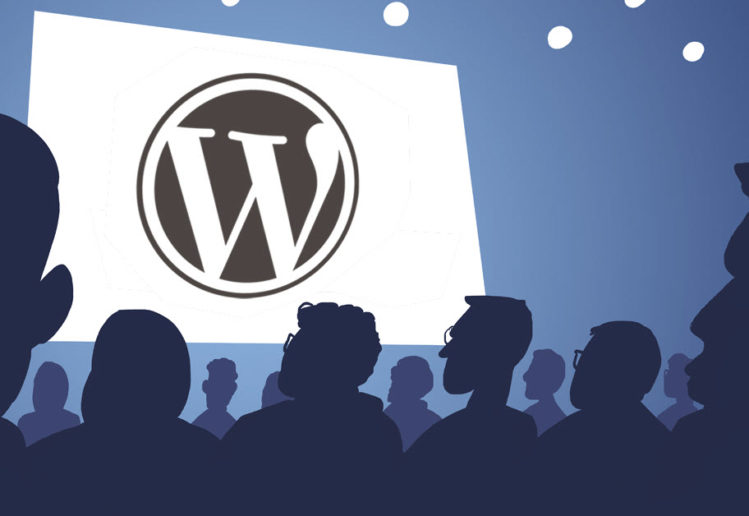WordPress is one of the most popular ways to create a presence online for both businesses ,organisations and individuals. Recent figures state that 39.5% of all sites on the internet currently are built with WordPress (Southern, M 2021), and it has become the dominant content management system used by sites. (W3Techs, 2021).
WordPress comes in both a hosted and self hosted option, and both can be used to create a blog with minimal effort and an ever expanding list of features and plugins. Personally I have used it for creating multiple blogs over the past decade, and it is also my preference for creating an ongoing presence for small businesses. In this capacity, it has worked functioned well as a blog platform, but can it also be classified as a social networking site?
The term “blog” is a portmanteau of the words “web” and “log”, and it functions as an online journal. It allows individuals or organisations to publish written articles and other information online quickly and easily (Gray, Leon, 2013). If a subject is of interest, there is no barrier stopping an article being written and published. In addition to this, WordPress also provides a comment section that allows visitors to leave a response to the content or interact with the blogger.
This ease of publishing is also seen in social network sites, however they generally have a richer set of social features available when compared to WordPress. Social network sites can be defined as an online service that allows a profile to be constructed inside a bounded system, allows a list of other users to be connected with, and allows the traversal of these system connections, so that other users personal profile and published content can be viewed (boyd, Ellison. 2013). There is also generally the capacity provided for commenting, sharing and providing other feedback in modern social network sites such as Twitter or Instagram, one such example would be the”likes” feature.
Comparing this definition of a social network site to WordPress, we can see that although the WordPress.com system does provide some of the features seen on social network sites, they are not optimally developed, and therefore WordPress should be considered a blog platform.
While WordPress does allow for a personal profile to be developed and for content to be published, the ability to build a system of connections with other users is quite limited.
Due to this, there is no real network effect allowing a large number of followers to accumulate for a particular profile. Commenting on content is also possible, however the capacity to easily share content to other users in the network, as well as provide simple positive feedback via a “like” function indicates that WordPress should be categorised as a blog platform rather than a social network.
REFERENCES
Southern, M 2021, WordPress Powers 39.5% of All Websites, Search Engine Journal, Viewed 13/7/2021, <https://www.searchenginejournal.com/wordpress-powers-39-5-of-all-websites/391647/>
W3Techs 2021, Usage statistics of content management systems, W3Techs, Viewed 14/7/2021, <https://w3techs.com/technologies/overview/content_management>
Gray, Leon 2013, What Is a Blog and How Do I Use It?, edited by Hope Killcoyne, Rosen Publishing Group, 2013
danah m. boyd, Nicole B. Ellison 2007, Social Network Sites: Definition, History, and Scholarship, Journal of Computer-Mediated Communication, Volume 13, Issue 1, 1 October 2007, Pages 210–230
Hengeveld, T. (2021). Yoast & WordPress • Yoast [Illustration]. https://yoast.com/app/uploads/2021/02/Copy-of-WordPress_FI-2.png






Really great point re: the lack of ‘in network’ communication. The chat feature of platforms such as Instagram and Facebook go a long way for me. I hadn’t thought of it previously, but I’d definitely consider that a crucial aspect of ‘Social Networking’ and the sites that foster it.